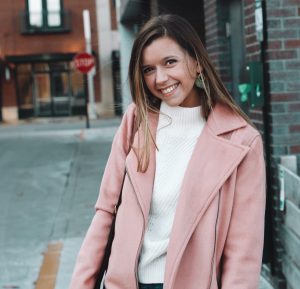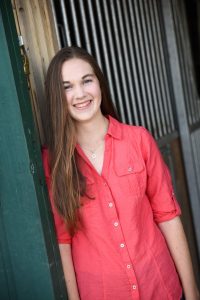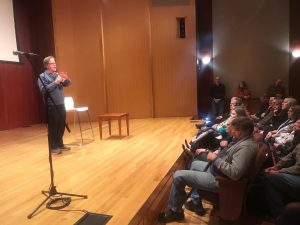Holidays, literally “Holy Days,” evoke myriad images and memories in our collective consciousness. Christians around the world are in the midst of a series of holiday celebrations as we mark the transition from the old year to the new year: Christmastide began on December 25th and ends on January 5th, ushering in the season of Epiphany, which lasts from January 6th until Ash Wednesday (in the Western Christian tradition), this year marked on Wednesday, February 26th. The secular West also celebrates the new year on January 1st, but really the bulk of the celebrations of this holiday happen on New Year’s Eve, December 31st, saying goodbye to the old year and welcoming the new year at the stroke of midnight with feasting, toasting, kissing, making noise, and general merrymaking.
What is it about human nature that propels us to set aside specific days or periods of time for merrymaking, commemoration, remembrances, or other forms of marking sacred time in the midst of our ordinary lives? Every religious tradition celebrates its own holidays, so deeply ingrained are they in our collective human consciousness. Because the modern West has been so thoroughly shaped by the Christian worldview, most of the holidays we are aware of track Christian commemorations, even if the religious significance of those days has been all but lost. Christmas and Easter are the two most prominent holidays of the Christian religious tradition. In the Jewish tradition we find a number of significant holidays throughout the year, including Passover, Yom Kippur, Rosh HaShanah, and Hanukkah. Muslims fast each year during the holy month of Ramadan and celebrate the feast of Eid to mark the end of the month of fasting. Hindus celebrate Holi and Diwali and many other holidays. Buddhists marks the Buddha’s birth each year with the celebration of Vesak. Sikhs celebrate the foundation of the Khalsa at Vaisakhi. Wiccans and Neopagans celebrate the turning of the year at the solstices and equinoxes with Yule, Imbolc, Ostara, Beltane, Litha, Lammas, Mabon, and Samhain.
Every religious tradition commemorates and celebrates its own holidays, days or periods of time set aside for religious devotion, commemoration, dedication, or remembrance. Holidays are times set aside as special and they often include specific foods, rituals, worship, gatherings, and other acts of devotion and commemoration to mark these high points of the year.
Holidays remind us of our calling above and beyond the drudgery of our daily lives. They call us to a higher purpose, a reminder that the human spirit transcends the quotidian details of our regular routines. Holidays are times set apart for family, for special food and drink, for reconnecting with our neighbors and friends near and far, for recommitting ourselves to our deeper vocations as religious people, for lifting us beyond our daily lives to appreciate the sacred mystery that surrounds us always and everywhere. Holidays remind us that our everyday lives are shot through with divine meaning and significance, however we might understand it. Holidays offer opportunities to rise above our daily drudgery to experience the peaks of religious significance in the midst of our everyday experience.
Whatever holidays you happen to celebrate, wherever and whenever you celebrate them, know that your celebration is infused with the divine reality and that your celebration compels you to manifest the blessings of your tradition in the wider world. May all of our holiday celebrations radiate outward in an eternal sanctification of our daily lives for the benefit of all beings.
What holidays have special significance for you? What traditions do you observe in connection with these holidays? Please share your reflections in the comments below.
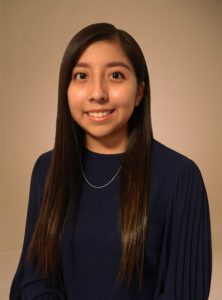 by Janet Lovera, ’23
by Janet Lovera, ’23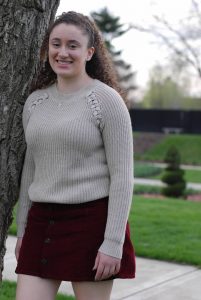 By Alaina Fleming, ’23
By Alaina Fleming, ’23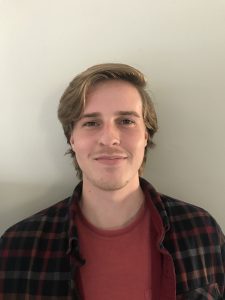 by James Ewing, ’21
by James Ewing, ’21
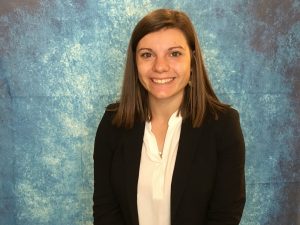 by Kate Fulton, ’22
by Kate Fulton, ’22